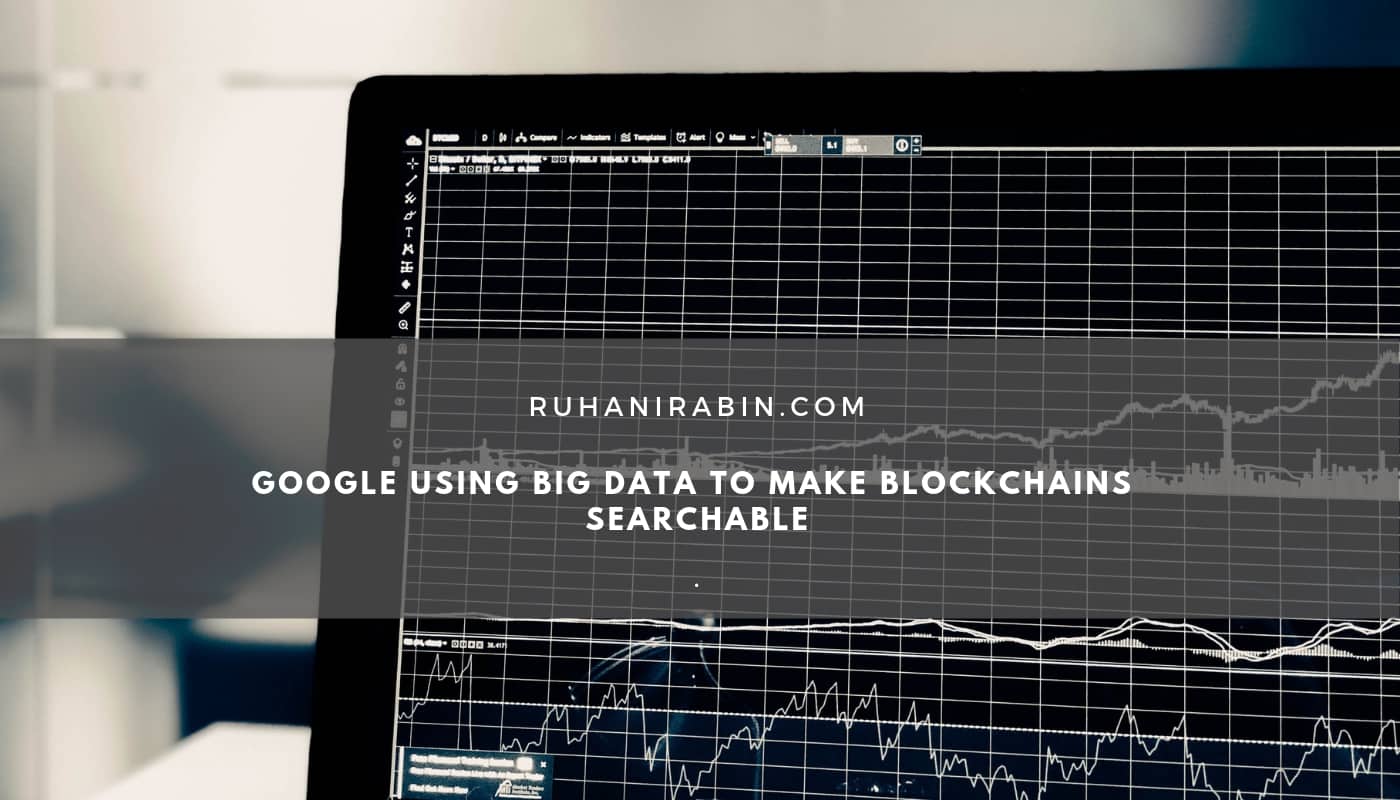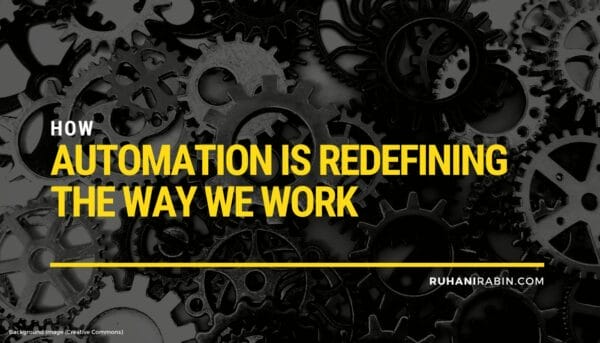Google Using Big Data to Make Blockchains Searchable
While Amazon and Microsoft have already made it big in the blockchain development, Tech Giant, Google, has somewhat lost the time track when it comes to efficient blockchain management and creation. With more data and search algorithms to its kitty, Google has significantly provided a strong base to its vision. And resultantly, it makes its appearance in the realm with the concept of searchable blockchains. This article explores this venture of Google while helping readers to get a better insight into Blockchain.
Table of Contents
Get the Best Updates on SaaS, Tech, and AI
First of All, What is Blockchain?
Generally speaking, you can refer to blockchain as a decentralized, transparent, immutable, and publically accessible database that stores digital information as blocks. These blocks are connected via hash functions. Putting up into businesses definition, blockchains are peer-to-peer exchange networks.
Various Types of Blockchain Systems/ Solutions
Categories of blockchain systems/ solutions include the following:
#1. Permissionless Blockchain: This particular type of blockchain network makes entire information publically accessible over the computers and devices within a network. In other words, anyone on the network can initiate network interaction and verify the transaction anonymously. For e.g., Bitcoin, Ethereum.
#2. Permission Blockchain: This is a closed ecosystem-based blockchain network where only authorized participants can act, based upon the roles. Transactions in these types of networks follow a specific set of rules that state the flow (for e.g., for database management, for auditing, etc.). For e.g., multichain.
These types of system aim to deliver more efficient and data-driven business models cost-effectively.
They provide the blockchain apps with core functionalities including:
- Automated data synchronization
- Immutability
- Ability to deal with permissions
- Process automation
- Stringent privacy
- Security features
How is Google Implementing Search Engine for Blockchains?
Allen Dey, a senior developer advocates for Google Clou, while strictly keeping customer demand before the products. He anticipates making accessible blockchain the next grand thing for the users. Thus, to shape his idea he began feeding BigQuery (Google’s big data platform) with Bitcoin and Ethereum blockchains.
This was wonderfully followed by developing software tools to explore the data. The project was pursued as a part of Blockchain ETL (extract, transform, load) and has already won feathers to its cap.
Data-Driven Search Algorithm
While the news spread like wildfire, the undertaking gained amazing popularity among the crypto-coders and inspired more than 500 projects under the same suite. The functions extend from by predicting bitcoin price to the difference in wealth among the Ether wallets.
It constantly focusses on the key users of blockchain and the paradigms they use to deploy them. AI and Ethereum blockchain combination are continuously tracked to deduce a strong base for implementing the results in the form of search engines. Allen suspects the presence of crypto-currency bots that enable wash-trading. And in the favor of same, this is what he stated:
“In the future, moving more economic activities into the chain does not only require a unified level of trust. It requires having some confidence in knowing about who you really are in contact with.”
Knowledge Leads the Show
Initially, blockchain search powered by dedicated block-explorers. These are the ones that enable data recovery on a known individual transaction number. Blockchain ETL allows a general search of the entire blockchain.
Following Bitcoin and Ethereum, the Sun team adds Litecoin, Zcash, Dash, Bitcoin Cash, Ethereum Classic, and Dogecoin to BigQuery. And last August, the Dutch developer Wietse Wind added the entire Ripple blockchain, which denotes a Danish designer to unleash the transaction flow, to an individual wallet.
The day also uses his tools to study the poor fork of 2017, which created Blockchain of Bitcoin Cash. He found that, instead of increasing the number of micro-transaction transactions, most of the money was placed in large holders. He explains:
I’m interested in counting what’s going on to see where legitimate use cases are for the blockchain. Then we can move to the next use case and develop what technologies it is really suitable for.
Google is hoping that the suite of these tools helps them to close the space on Amazon and Microsoft in blockchain space.
Some of the link on this post may have affiliate links attached. Read the FTC Disclaimer.









